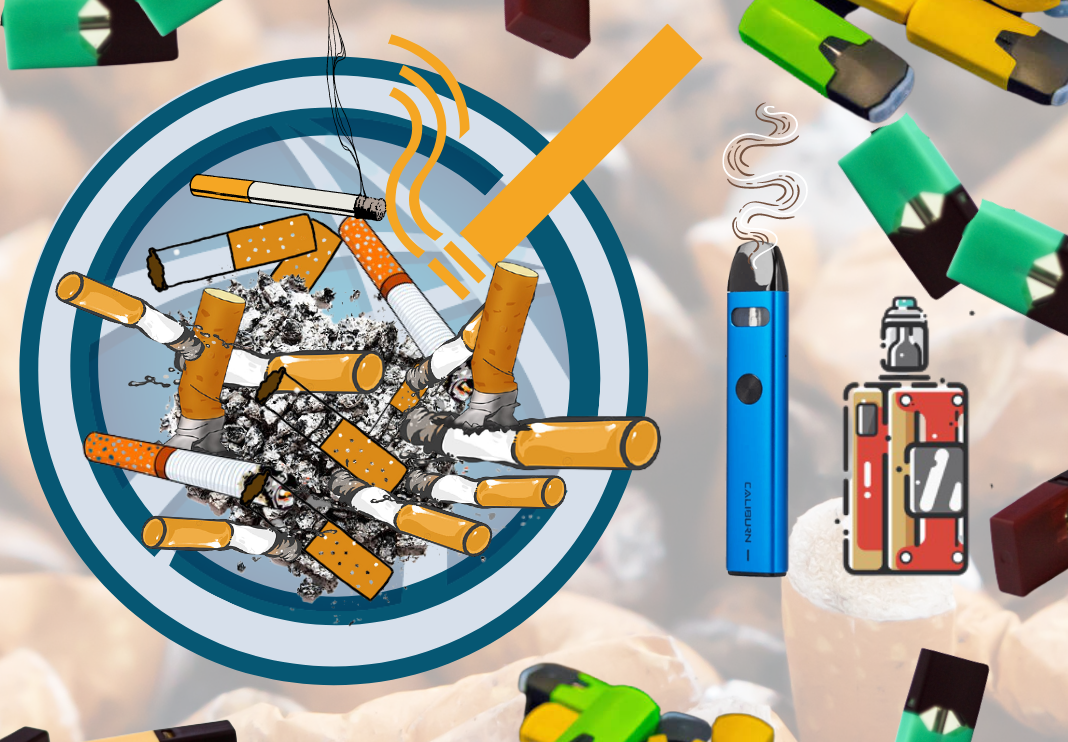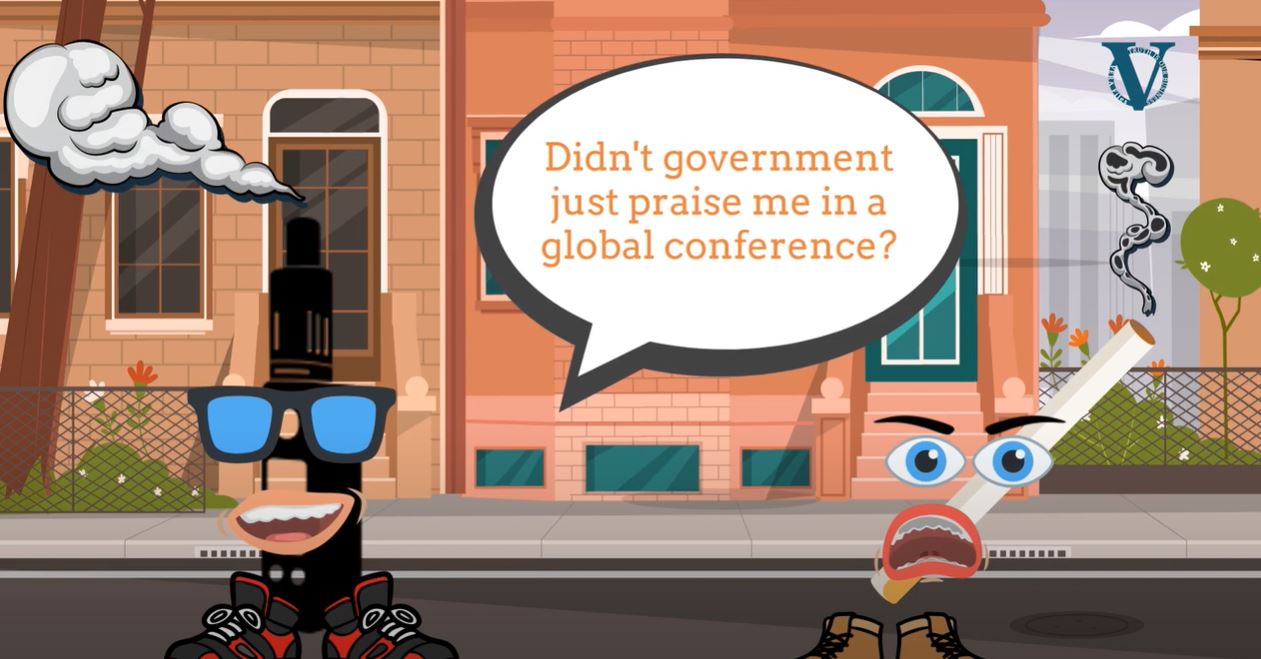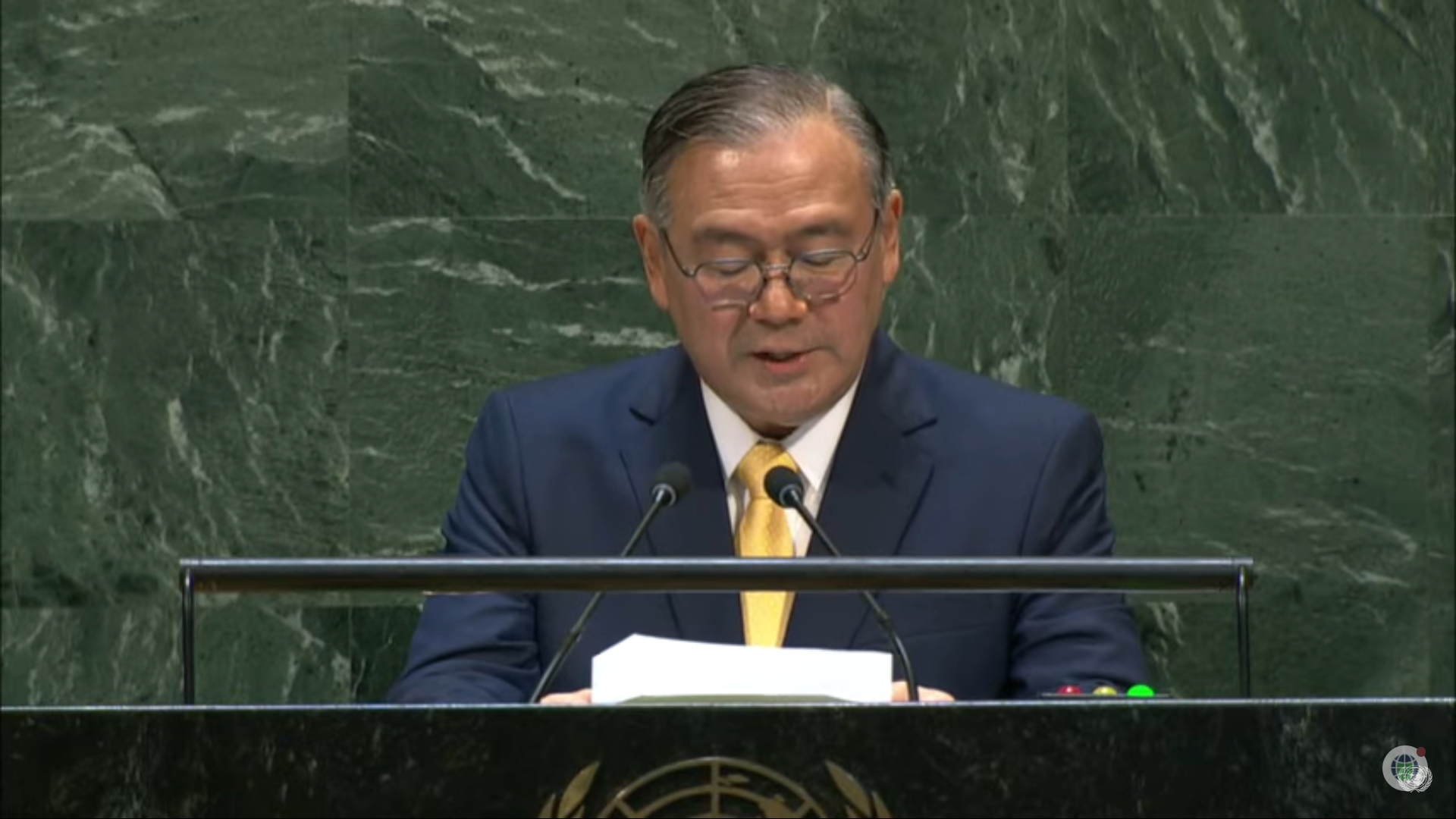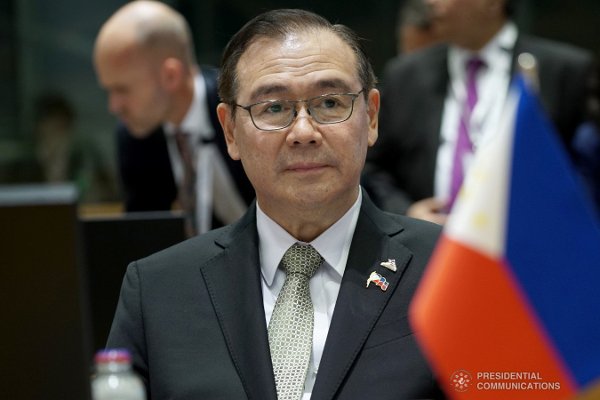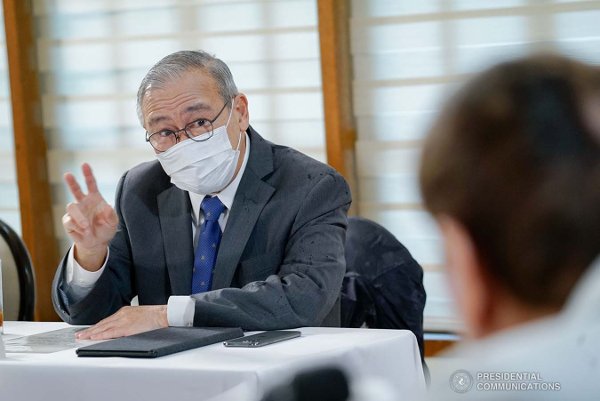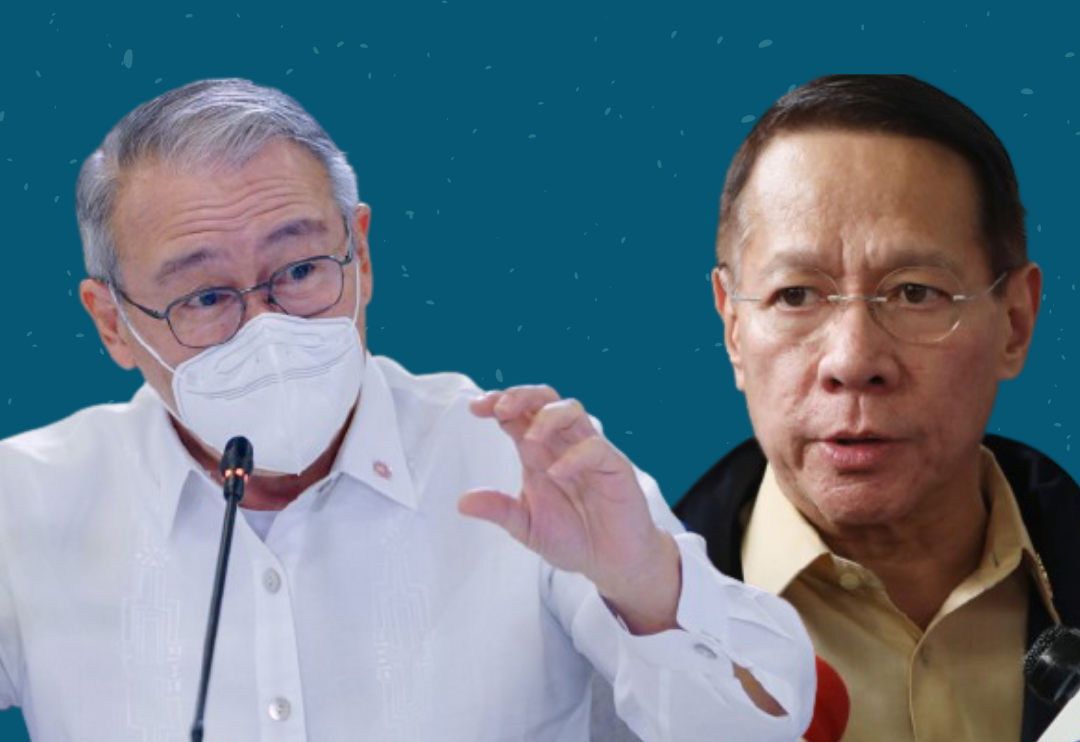The Philippine delegation to the ninth session of the Conference of the Parties (COP9) to the World Health Organization Framework Convention on Tobacco Control (WHO FCTC) did not waste time in making its presence felt and position very clear.
“We underscore the importance of tobacco and funding of the state’s most important activities,” said Foreign Affairs Secretary Teodoro Locsin, Jr. in a submitted statement. “Tobacco tax laws fund our poverty reduction, universal health care and COVID-19 recovery programs.”
Locsin, one of the 10 co-heads of the Philippine delegation to the six-day virtual conference that began on Nov. 8, also expressed all-out support for the tobacco industry’s alternative tobacco products. “The industry has not sat on its hands, nor allowed this popular vice to go unchecked. It has created products that delivered a similar satisfaction, but with far less harm.”
According to WHO, electronic nicotine delivery systems (ENDS), such as e-cigarettes, contain toxic chemicals, including nicotine and substances, that are harmful to health.
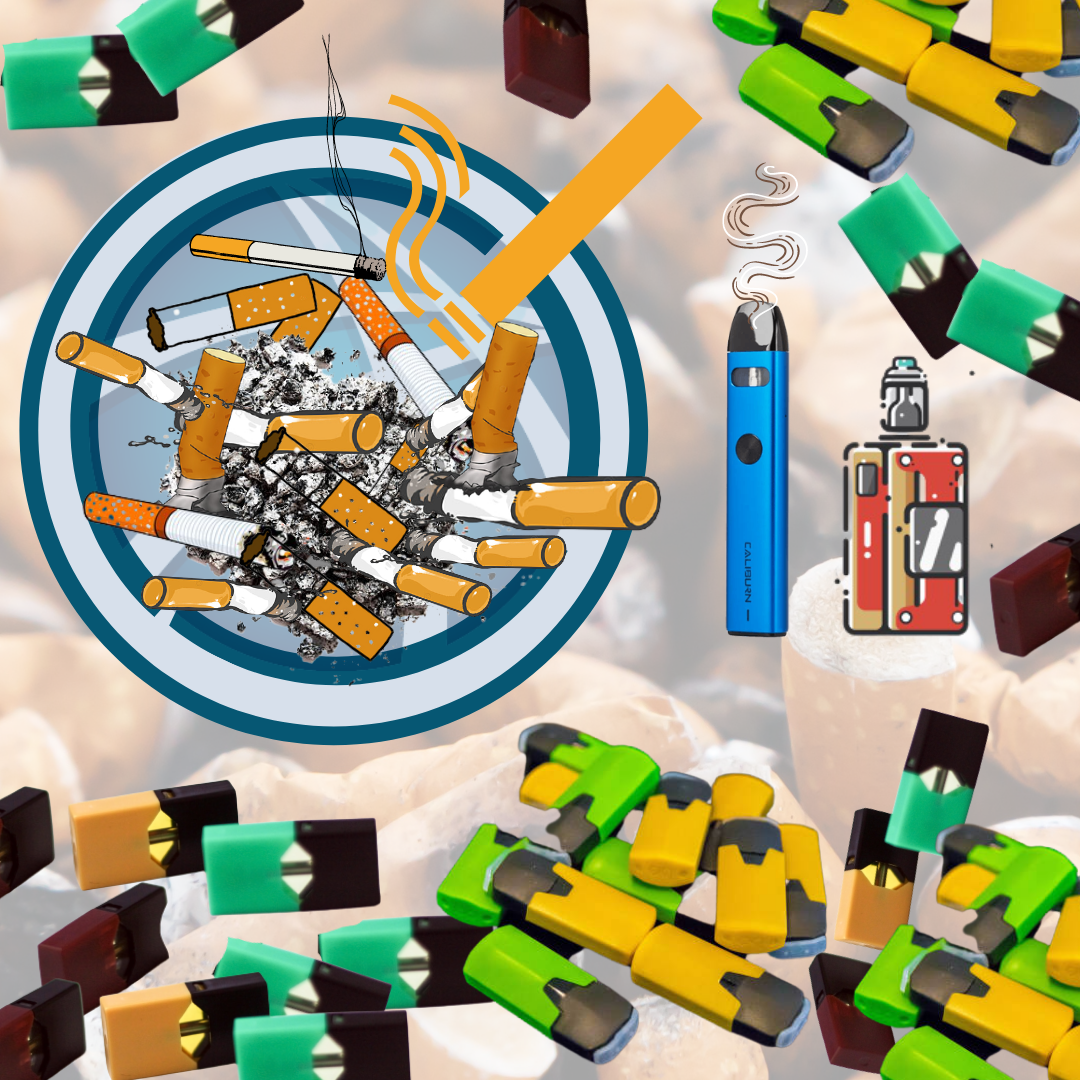
Dirty ashtray and vape pods
Civil society groups consider the position taken by the Philippine delegation at the COP9 as a betrayal.
“Secretary Locsin’s statements in the COP 9 echo the false narratives peddled by tobacco companies. These narratives go against overwhelming medical and scientific opinion on real harms of vapes and e-cigarettes,” lawyer Sophia San Luis, executive director of ImagineLaw, said in a press statement.
Ulysses Dorotheo, executive director of Southeast Asia Tobacco Control Alliance (SEATCA), expressed disbelief.
“I would be surprised if the DOH agreed to these statements by the Philippine delegation, which serves tobacco industry interests. The FCTC obligates Parties, including the Philippines, to protect tobacco control policies from tobacco industry interests. Certainly, the COP9 is not a place to coddle this dangerous industry and give it a chance to join the policy discussions,” he said.
The Philippine delegation to the COP, a global conference on public health under the auspices of the WHO, used to have the Department of Health (DoH) as lead agency until efforts of other agencies and officials representing the tobacco sector demanded that their voices be heard.
This year, the Philippine contingent to COP9 is composed of 52 government officials, some of whom have openly embraced the tobacco industry’s position that the so-called smoke-free products are effective and less harmful tools to help smokers quit.
The Philippines is a signatory to the Framework Convention on Tobacco Control, a treaty negotiated under the guidance of WHO in response to the global tobacco epidemic. It asserts the people’s right to the highest standard of health, focusing on controlling tobacco’s impact on public health and sustainable development.
As a member state, the Philippines is expected to ratify, accept or approve the convention, and show political commitment to uphold its objectives.
But, at the start of the five-day virtual conference, the Philippines showed no indication that it once underscored how the WHO FCTC helped strengthen the country’s policies on tobacco control.
It actively pushed to amend a provision in the COP’s first order of business — the adoption of the prepared agenda.
The lengthy discussion on the original text of the item which, according to the conference chair, was prepared in consultation “with everyone,” earned for the Philippines the “Dirty Ashtray” award given by international watchdog Framework Convention Alliance (FCA) to companies and governments perceived as backers of the tobacco industry’s interests.
The FCA is a coalition of more than 300 organizations from 100 countries supporting the implementation of the WHO FCTC.
On the second day of COP9, the Philippines shared the award with Guatemala for “insisting on amendments with unhelpful and often confusing wording which wasted valuable COP time.”
“We don’t see this as cluttering the text or introducing any possible ambiguity thereafter … State parties should have the opportunity to express views that perhaps were not properly captured in the process of prior consultations, which we feel needs improvement,” Evan Garcia, permanent representative of the Philippine Mission to the United Nations in Geneva and a co-head of the delegation, told the conference chair.
The strong position taken by the Philippine delegation was consistent with Locsin’s statement that the Philippines would actively participate and “fully engage in discussions” when member states finally meet face-to-face for COP10 “so that our national experiences are all taken into account.”
Last May, the House of Representatives approved a bill that adopts tobacco harm reduction as a public health strategy, lowering the minimum allowable age for the purchase, sale and use of vapes and heated tobacco products to 18 from 21 years old, among others. Its counterpart measure at the Senate is still pending.
Editor’s note: VERA Files is part of Project Seeing Through the Smoke, which has support from the International Union Against Tuberculosis and Lung Disease, Inc (The Union) and Bloomberg Philanthropies.
